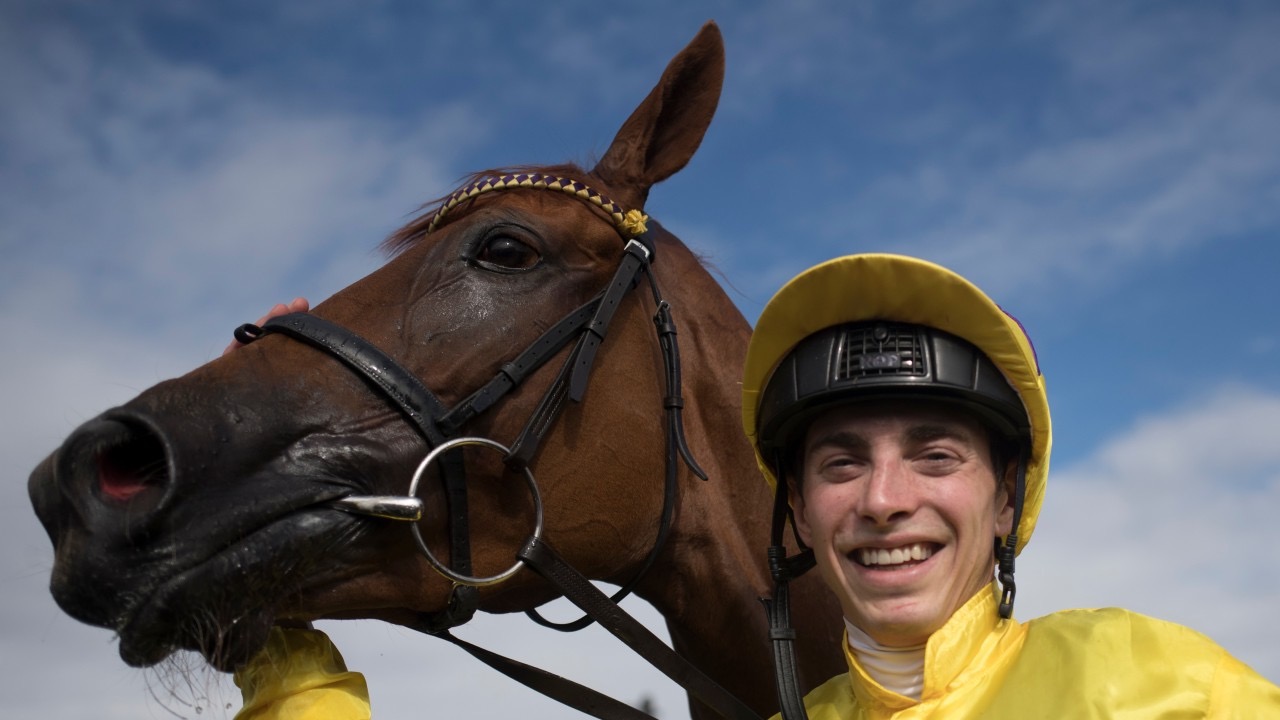
Sea Of Class, who had been fighting for her life after suffering a career-ending bout of colic earlier in the month, has sadly died.
Trained by William Haggas, Sea Of Class was one of the stars of last season, winning four of her six starts before finishing a narrow runner-up to Enable in the Qatar Prix de l'Arc de Triomphe.
Speaking on Monday, Haggas said: "The reason for colic surgery on Sea Of Class in the first place was to remove an abdominal mass sitting between the spleen and liver which had intertwined with her gut. That mass was removed and some of the gut taken out.
"However the mass turned out to be a malignant tumour known as a lymphoma. Her surgeon Richard Payne and specialist Celia Marr warned us that lymphoma's can be aggressive and so it proved.
"Having made sure and steady progress under the excellent veterinary team at Rossdale's she took a turn for the worse at 4.30am this morning and a subsequent scan revealed another tumour the size of an orange. Despite regular scans during her convalescence, this was the first sign of an abnormality.
"She was quiet and uncomfortable today – and quite weak and the decision to put her to sleep was then taken unanimously by her team of experts, Maureen and I.
"Owner Mrs Tsui has been in full support of all decisions taken and she, her family and advisors are all devastated. For all of us here, we mourn the loss of the best filly we had anything to do with but will cherish the memories for ever."
What is colic?
Colic is a broad term to describe abdominal pain in horses – a sign of a gastrointestinal problem rather than an actual diagnosis, but while difficult to define concisely it is undoubtedly the leading cause of premature death in domesticated horses. Studies claim 30 per cent of horses between the ages of one and 20 die from it.
It is difficult to treat colic without major abdominal surgical intervention and intensive aftercare to ensure recovery. Horses' gastrointestinal tracts are about 100 feet long if stretched out and their inability to vomit is a problem.
Colic can occur when there is too much gas in a horse's intestinal tract or when something the horse ate cannot pass through its intestines. Inflammation and ulceration are other causes.
Symptoms include a horse refusing to eat its feed, inability to defecate, pawing the ground, lying down, violent rolling, looking at his sides, kicking at his abdomen, sweating, heavy breathing, abdominal distention and a general worried or pained expression.
Racingpost Online
|